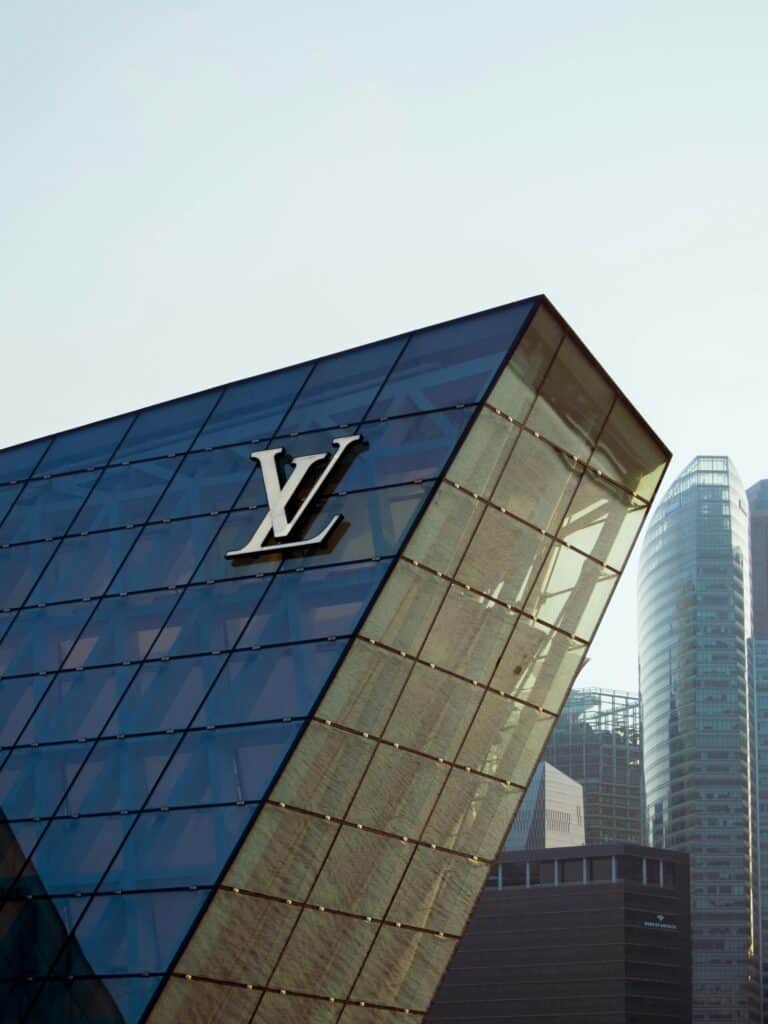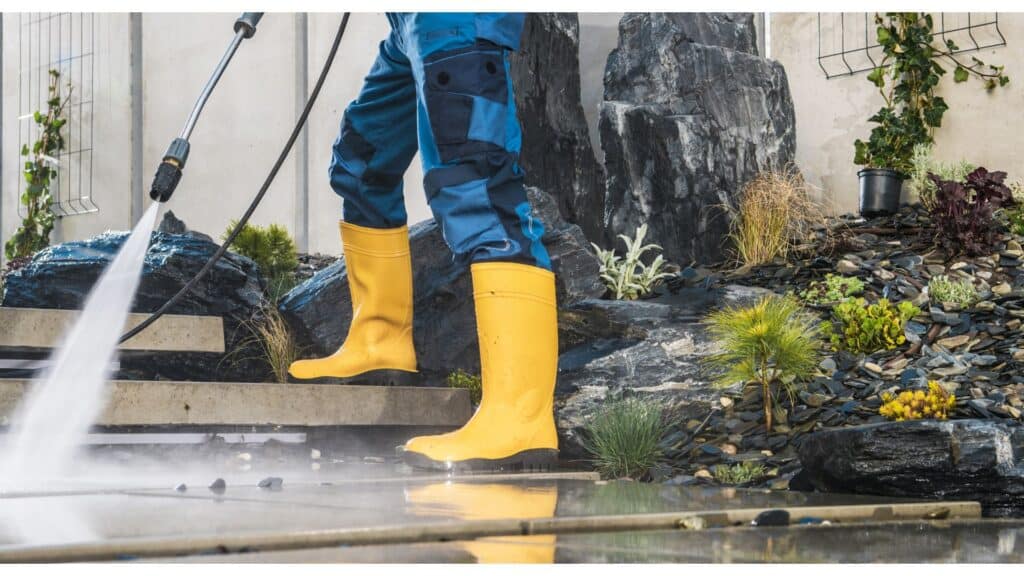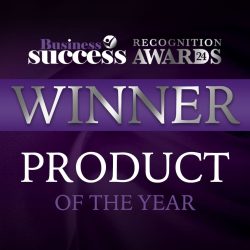With the Eurovision final happening just this weekend it is important to appreciate that while European Union trade mark laws offer a harmonised framework, it’s crucial to recognise that registering in one country doesn’t grant you rights elsewhere. So, let’s explore the significance of this through the lens of Eurovision contestants—some who’ve secured their trade marks, and others who haven’t.
Heidi Helen Manton, a member of Bucks Fizz, Eurovision’s victors in 1981, smartly trade marked “Bucks Fizz” in the UK, recognising the group’s national resonance. But the protection didn’t extend to other territories, leaving potential gaps in safeguarding their iconic brand. On the flip side, Sam Ryder, the UK’s representative in 2022, missed out on securing a trade mark for his personal brand, potentially leaving it vulnerable to unauthorised use.
Trade marking in an artist’s home turf is common practice, yet often, it’s where protection begins and ends. Take Ivan Klymenko, co-writer of the 2022 winning song “Stefania” with Ukraine’s Kalush Orchestra; while filing for a trade mark in Ukraine is a step forward, neglecting broader protection leaves their brand exposed beyond their homeland.
In contrast, ABBA stands as a beacon of comprehensive trade mark registration. Their label, Polar Music International, secured trade marks across various industries, ensuring the ABBA legacy remains untarnished by imitations worldwide. This level of protection extends beyond mere branding; it’s a testament to safeguarding a cultural phenomenon.
Most recently, Finlands entry was called Windows95Man. This was quite the unexpected victory, following their win in February 2024, they faced another challenge. According to the rules of the competition, established product names and already established trade marks are not allowed on Eurovision stage. It is also strictly forbidden to mention an established brand name in your entry. In Finland’s case, the duo’s name was “Windows95Man” and their attire consisted of a large “Windows” logo, Microsoft’s operating system. The idea of this being that all entries and competitors are unknown before the competition. So, to avoid violation of competition rules the name must be changed ahead of the final.
So, why bother with international trade mark registration in the process of establishing? Because it’s more than just protecting a brand—it’s securing your identity. Registering in multiple territories removes ambiguity over ownership, empowering you to prevent unauthorised use and confusion among consumers as your business transcends borders.
So, how do you navigate the labyrinth of international trade mark registration? Each country operates its own Intellectual Property office, making IP a territorial right. While applying individually is an option, organisations like the European Union Intellectual Property Office offer pan-European registrations, simplifying the process for businesses eyeing broader protection.
In essence, while Eurovision unites nations through music, the world of intellectual property remains segmented by territories. Yet, by securing international trade mark protection, your brand can transcend boundaries, becoming a symbol of trust and quality worldwide.
Don’t let your brand’s melody be lost in the noise of imitation. Take the stage of international trade mark protection and let your business’s legacy resonate across continents.
How National Business Register Can Help Protect Your Brand
At National Business Register, we recognise that your brand is one of your business’s most valuable assets. Our team of IP experts can guide you through the complexities of brand protection. Whether you’re a start-up or an established business, we’re here to help you secure the unique aspects of your brand, ensuring it remains protected against imitation and misuse. Contact us to learn how we can support you in building a brand that’s not only memorable but also legally safeguarded. You can email us at info@nbrg.co.uk or calling 0800 069 9090.
Don’t leave your IP to chance – let’s protect your business together.







